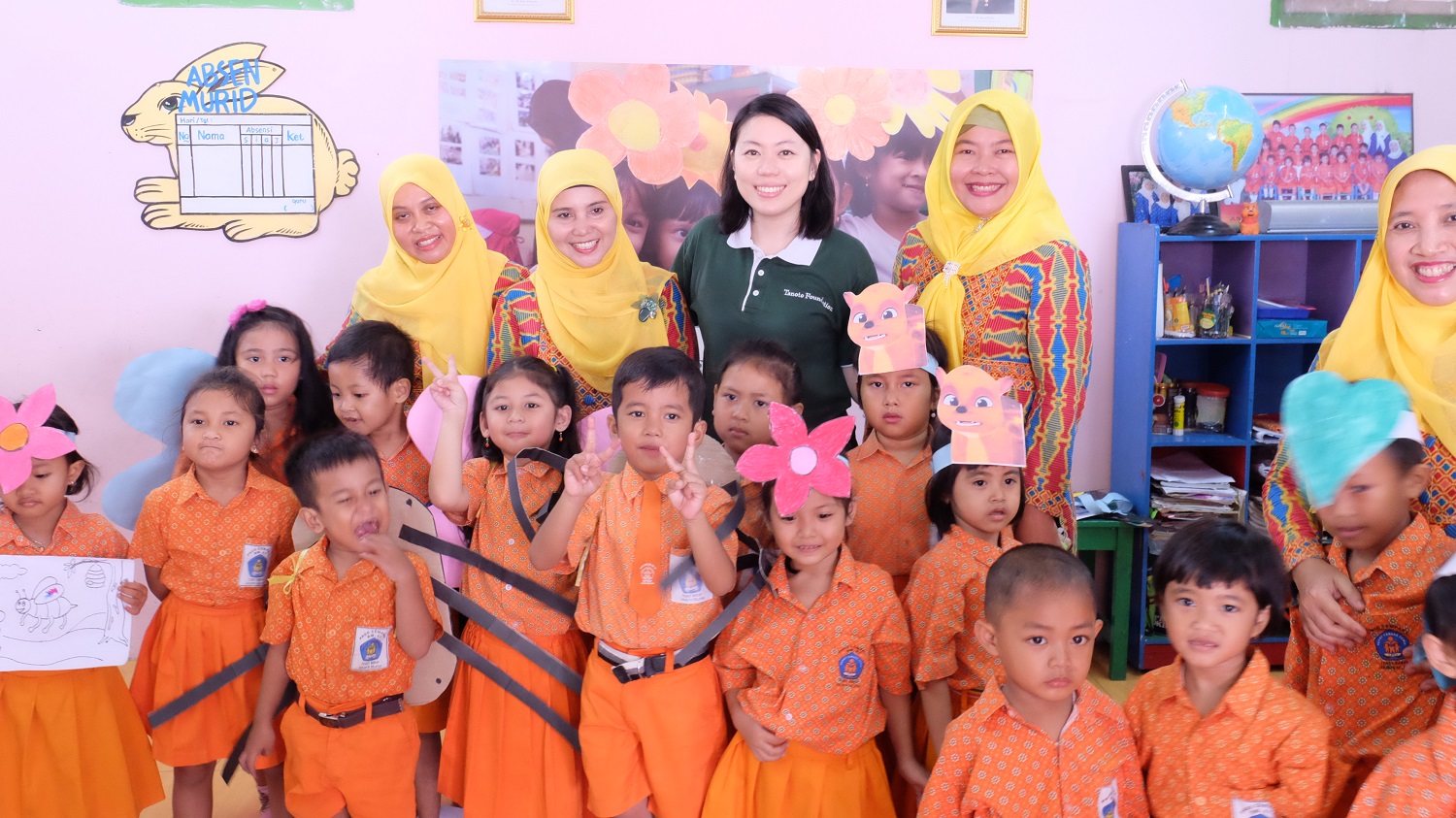Early start to human capital development

Jakarta Post – The conversation on early childhood education and development (ECED) has been gaining momentum, helped by our increasingly informed and coordinated approaches to champion human capital development and address stunting.
The Indonesian government has led the way with launching of the “first 1,000 days” movement in 2013 and the recent emphasis on the one-year preschool education as the minimum standard for regional governments. The government also launched a National Strategy to Accelerate Stunting Prevention in 2017, committing an estimated $14.6 billion to converge nutrition interventions across 514 districts and 98 cities. This created many opportunities for diverse stakeholders to contribute to and complement ECED efforts.
According to the Ministry of Health, approximately 30.8 per cent of Indonesia’s children under five suffer from stunted development, an improvement from 37.2 per cent in 2013. This figure, however, still reflects the persistently high prevalence of stunting – a pertinent issue in the nation’s journey in human capital development.
Access to and quality of early childhood services also vary significantly between geographies and social strata. A child born into a family from the richest quintile is 1.5x more likely to be enrolled in an early childhood center than a child from a family in the poorest quintile.
Uneven development across emerging economies has led to inequalities that exacerbate the impediments to developing good ECED programs. Indonesia is no exception. On the one hand, we can build the good momentum created by country’s sustained investment in human capital and the maximized development opportunities brought about by the demographic dividend in the next decade; on the other, we continue to observe Indonesia’s stubborn Gini coefficient (around 0.4) and relatively high figures in developmental delays, further worsened by the triple malnutrition burden.
We are all key stakeholders in human capital development. We should find ways in our different capacities to either support or participate in this endeavor.

Leave a Reply